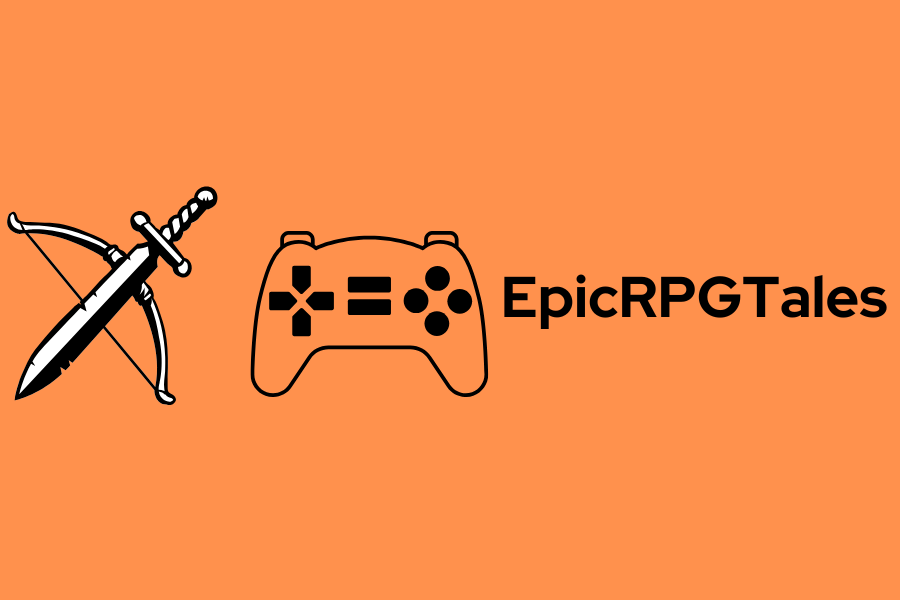Rian Johnson’s Brick showed just how well suited a noir detective story could be in a high school system. It’s a micro town dynamic with its own communities, traditions, conspiracies, and criminal underbellies. Joseph Gordon-Levitt’s outsider student, investigating the disappearance of a girl, has to navigate the usual factions to get answers, and there’s something more relatable about that compared to Humphrey Bogart’s chain-smoking way to a solution.
The high school (or secondary school for those of us in the UK) experience is a lot closer to reality, and many of us will remember some great mysteries, dramas, or gossip that were the talk of the classrooms and halls. Were you just a little tempted to dig deeper?
Turnip Games’ Sunset High is designed with this in mind, but the developer has decided that a high school noir detective game is not quite enough of a hook. No, Sunset High throws in some time manipulation for good measure. It’s a decision that makes a lot of sense for high school. Who wouldn’t want to redo specific interactions during one of the most awkward times of their lives? Sure, there’d be less in the way of murder investigations for us, but relatable nonetheless.
Sunset High is an isometric, choice-based detective game where the player’s choices send the narrative down different branching paths. We play as an outsider student who discovers their crush has gone missing. Having just texted with them the night before, the sudden disappearance is enough to get anyone’s spider-senses tingling, but this revelation coincides with another; we’re stuck in a time loop, and it comes with the ability to rewind and fast forward through the day, discovering alternative leads, secrets, and revelations along the way. With a fair bit of freedom in that mechanic, players can feasibly rewrite choices over and over to find the desired result instead of sticking to a rigid pathway.
Sunset High Review: If I Could Turn Back Time
I was admittedly curious to see how such a freeing choice system would work. Would it cheapen the idea of choice to have limited restrictions on the outcomes? In the high school dynamic, I believe it works. I mentioned earlier the desire to redo interactions at that stage of life, as things can feel crushingly embarrassing at that age, and Sunset High’s time-twisting formula works as a kind of teen fantasy in that regard. Instead of regret over using the wrong line of questioning, you can scrub that and try again.
The other side of that is you can fumble into more awkward situations, and you only know the immediate outcome of a choice in the short term. What might seem like a bad way to go could lead you down the path you need to walk. It’s not a perfect system, and there are some tangled threads, but for the most part, Sunset High strikes the right balance between choice and consequence.
The rewind/fast-forward mechanics also offset the intended limitations of the time loop itself. The time loop restricts where you can go and what you can do in the space you’re given. Giving the player control over how to use that time loop is crucial if you want to keep players invested, and utilizing the same methods as, say, an immersive sim, is the best way to make the most of limited space.
This also feeds into the story’s central theme of obsession. The disappearance of their crush suddenly gives purpose to the protagonist’s aimless existence. While the time-twisting shenanigans may be distracting, the investigation is supposed to be the central focus. Beyond the use of time manipulation, the game’s success largely hinges on that working, so it should draw the player in like it does the protagonist.
The time manipulation enhances that. It encourages more interaction and curiosity, thus bringing us into the dynamics of the situation on a more intimate level. You get to learn so much more about this pocket world, and naturally care more about getting to the bottom of the disappearance.
The satisfaction of cracking the case depends on how you go into it. In a sense, genre expectations might well influence your opinion, but keeping it within the noir realm it’s inspired by, things played out as I expected. With any game where you’re pulling apart threads to find the truth, the outcome can feel a tad underwhelming after the excitement of smaller, interconnected discoveries.
Part of that is down to straightforward enjoyment coming to an end, and for Sunset High, this feeling mirrors the protagonist’s own journey. The excitement of discovery and newfound power comes to a close, and you don’t ever get that in quite the same way again. The important thing is to acknowledge the impact this time has had on you and what you do with that going forward.
Score: 8/10
Developer: Turnip Games
Publisher: Turnip Games
Sunset High review code provided by the publisher
Sunset High is out today on PC.

